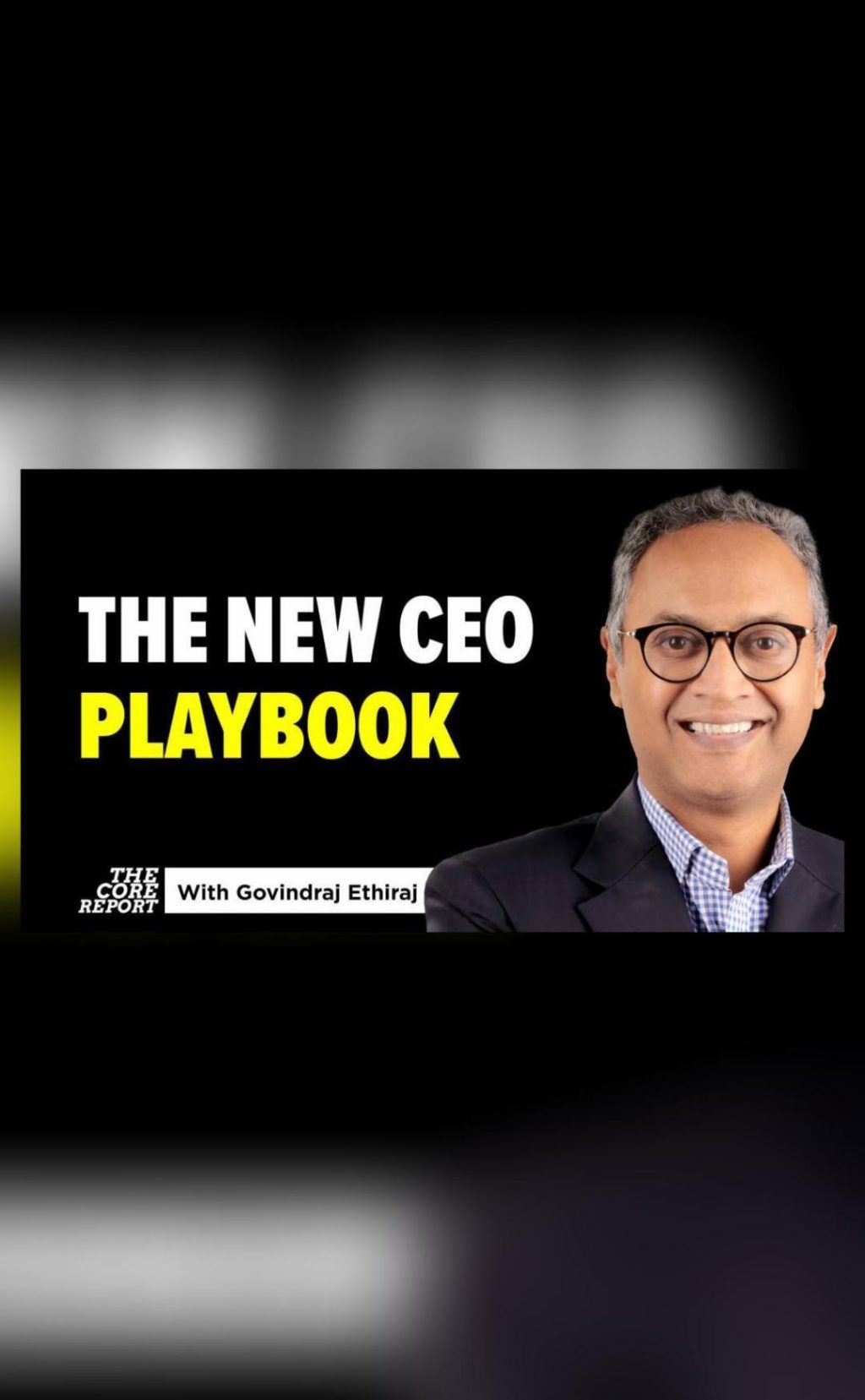
The New CEO Playbook: AI Pressures & Global Tariff Shocks
As the world becomes increasingly interconnected, global CEOs are facing unprecedented challenges in today’s fast-paced and ever-changing business landscape. The rise of Artificial Intelligence (AI) is reshaping industries, while shifting trade policies and tariff shocks are disrupting global trade. In this new reality, business leaders must rethink their strategy and operations to stay ahead of the curve.
Internal Pressures: Automate and Innovate
One of the primary pressures CEOs are facing is the need to automate and innovate. The increasing adoption of AI and machine learning technologies is forcing companies to re-evaluate their operational efficiency and productivity. As automation replaces traditional jobs, CEOs must invest in reskilling and upskilling their workforce to stay competitive. This requires a significant cultural shift, as companies move from a labor-intensive approach to a more technology-driven one.
Moreover, the rise of AI is also driving innovation. Companies that fail to innovate and adapt to new technologies risk being left behind. CEOs must prioritize research and development, investing in emerging technologies like cloud computing, blockchain, and the Internet of Things (IoT). By doing so, they can stay ahead of the competition and capitalize on new market opportunities.
External Pressures: Shifting Trade Policies and Tariff Shocks
Beyond internal pressures, CEOs are also facing significant external challenges. Shifting trade policies and tariff shocks are disrupting global trade, making it increasingly difficult for companies to navigate international markets. The ongoing trade tensions between the United States and China, for instance, have led to the imposition of tariffs on billions of dollars’ worth of goods.
This uncertainty is forcing CEOs to rethink their global supply chain strategies. Many are turning to localisation, focusing on domestic production to reduce reliance on foreign imports. Others are diversifying their supply chains, exploring alternative markets and partners to mitigate the risks associated with tariffs.
Rethinking Strategy and Operations
In this new reality, CEOs must be prepared to adapt their strategy and operations at a moment’s notice. This requires a high degree of agility, as companies navigate the complexities of AI-driven automation and tariff shocks. To stay ahead of the curve, CEOs must prioritize flexibility, embracing a culture of innovation and experimentation.
One key strategy is to focus on core competencies, streamlining operations and eliminating non-essential activities. This allows companies to allocate resources more effectively, investing in areas that drive growth and profitability. CEOs must also be willing to pivot, adjusting their strategy as market conditions change.
Localisation and Adaptation
As the global economy becomes increasingly uncertain, CEOs are turning to localisation and adaptation as key strategies for success. By focusing on domestic production, companies can reduce their reliance on foreign imports and mitigate the risks associated with tariffs. This approach also allows companies to better respond to changing market conditions, adapting their products and services to meet local demand.
Another key strategy is to invest in emerging markets, identifying opportunities for growth and expansion in regions that are less affected by global trade tensions. CEOs must be willing to take calculated risks, exploring new markets and partnerships that drive business growth.
Reconsidering Long-Held Business Models
Finally, the rise of AI and tariff shocks is forcing CEOs to reconsider long-held business models. The traditional approach to business, centered around mass production and global supply chains, is no longer sufficient. Companies must adapt to changing market conditions, embracing new technologies and business models that drive innovation and growth.
One key area of focus is sustainability. As consumers become increasingly environmentally conscious, companies must prioritize eco-friendly practices and products. CEOs must also be prepared to invest in research and development, exploring new technologies and business models that drive long-term growth and profitability.
Conclusion
In conclusion, the new CEO playbook is all about adapting to the changing business landscape. As AI reshapes industries and tariff shocks disrupt trade, global CEOs must rethink their strategy and operations. By prioritizing internal pressures like automation and innovation, and external pressures like shifting trade policies, CEOs can stay ahead of the curve. With no guarantee of stability, companies are being pushed to localise, adapt, and reconsider long-held business models.
News Source:






